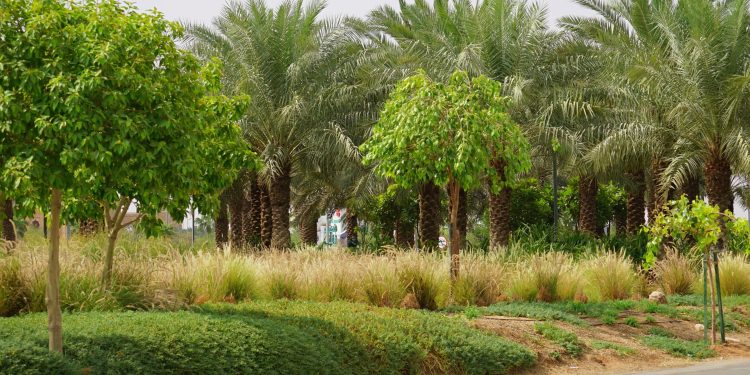Uzbekistan is seeking to strengthen its environmental partnership with Saudi Arabia, focusing on knowledge exchange and joint innovation to tackle pressing ecological issues. At the Tashkent International Investment Forum, Uzbekistan’s Minister of Ecology, Aziz Abdukhakimov, highlighted ambitions to cooperate on challenges such as dust and sand storms, and to share expertise on ecosystem and species conservation.
Saudi Arabia’s environmental initiatives, including plans to plant billions of trees and restore vast areas of land, serve as a model for regional collaboration. Both nations are exploring joint projects between their national parks and protected areas, aiming to enhance biodiversity protection and the preservation of rare species. Academic cooperation is also on the agenda, with Uzbekistan’s environmental university seeking partnerships with Saudi institutions for research and innovation.
Abdukhakimov emphasized that this collaboration is built on trust and mutual interests, with a focus on sustainable development. The two countries are also engaging in broader regional efforts, such as the Middle East Green Initiative, to promote joint research and investment in green technologies and infrastructure. Uzbekistan has invited Saudi participation in upcoming environmental events, including international exhibitions and conferences.
Uzbekistan faces significant environmental challenges, including climate change, land degradation, and desertification. In response, the government is promoting a green economy, cleaner transportation, and renewable energy. Saudi energy firms, particularly ACWA Power, are heavily involved in Uzbekistan’s energy transition, supporting projects in renewables and the development of green hydrogen production.
The country’s “Green Space” initiative aims to plant 200 million trees annually, with over 850 million already planted in recent years. Major policy strategies have been adopted to support environmental protection, waste management, forestry, and public awareness. Efforts are also underway to modernize environmental monitoring and adopt a circular economy model, turning waste into valuable resources and creating green jobs.
Regional cooperation is seen as essential, given Central Asia’s vulnerability to climate change, with rising temperatures and shrinking glaciers affecting water and agriculture. Uzbekistan is actively involved in regional forums and initiatives to foster joint climate action and resource management, believing that collective efforts are key to securing a sustainable future for the region.


